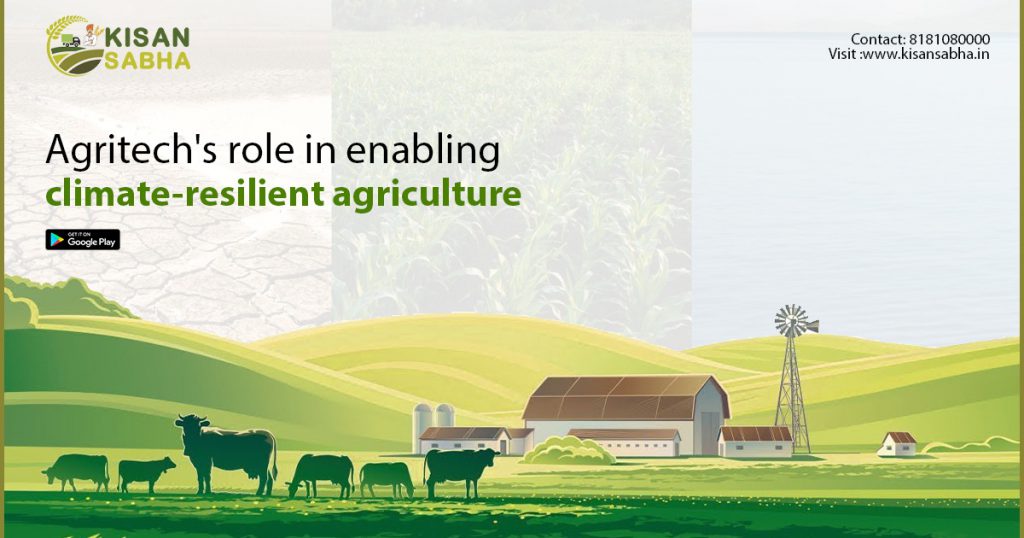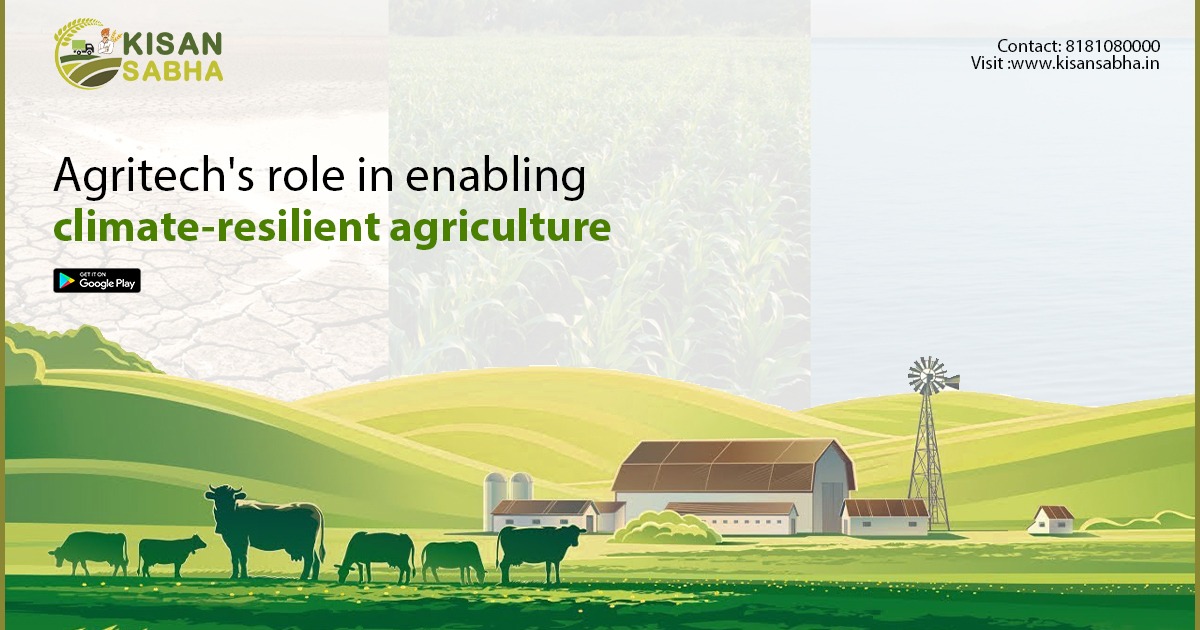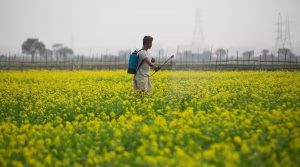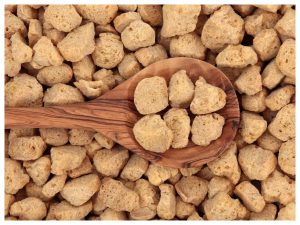Global warming and climate change has been a part of numerous discussions presided by world leaders over the past decades. It is a pressing problem and has almost become, unfortunately, a passé but still deserves our careful consideration. Human activities add to the lion’s share of CO2 emissions – with recent studies showing as much as 48 per cent increase in carbon dioxide since pre-industrial levels. The main culprits include deforestation, reliance on fossil fuels and farming livestock. One lesser-known victim of this global crisis is agriculture.
Why is climate-resilient agriculture necessary?
Due to the ongoing threat posed by global warming, its effects will have far-reaching effects that may not be immediately obvious but may become apparent in the ensuing decades. One of them is the security of food.
Food security is a global issue that has recently come up in discussions due to supply chain stress brought on by the ongoing conflict between Russia and Ukraine. But climatic issues will pose a greater threat in the future and may cause food insecurity, leaving aside geopolitical ones. The scenario will lead to higher food prices but with lower output due to the unchecked heat waves impacting crop yields globally.

Increased stress on livestock brought on by the rising temperatures will also have an impact on the world’s food supply. The FAO (Food and Agriculture Organization of the United Nations) predicted in 2015 that the global food demand could rise by more than 60% by 2050, placing additional stress on the already vulnerable food supply chain due to climate change.
Tech-driven countermeasure to enable climate-resilient agriculture
Climate change is happening and taking a proactive as well as a concerted effort is the only way to deal with this global phenomenon. A sustainable take on agricultural operations is one key approach to countering or mitigating the effects of climate change on our food supply.
When we talk about sustainability in farming, it is in relation to a more data-driven strategy backed by research. Precision farming is a broad word that refers to a way of thinking about farming operations that uses data gathered from sensors, satellite images, artificial intelligence (AI), the internet of things (IoT), drones, and automation, among other sources, to help with decision-making.
This can immediately lead to greater quality and quantity of harvests while reducing farm input costs and agriculture’s overall impact on the environment through decreased utilisation of fertilisers and pesticides.
Precision farming tools
The IoT sensors and other supporting technologies like drones, GIS (Geographic Information System), and NDVI (Normalised Difference Vegetation Index) that aid in gathering, measuring, analysing, and storing real-time farm metrics are one of the major frameworks that enable precision farming at scale. Farmers are able to produce better yields with the help of IoT systems, which also improves food security and safety as a byproduct. The data-driven approach also allows room for better traceability within food production and farm management. The ability to monitor the entire supply chain leads to greater savings and larger profits for the farmers, making it a win-win situation for both the producers and the consumers.
Complementing precision farming are technologies like Variable-rate Technology (VRT) which allows for precise and controlled use of water, natural resources and farm inputs based on zone-specific deficiencies informed by farm-level data. This helps in minimising the wastage of precious resources and lowering the usage of fertilisers and pesticides leading to reduced emission of greenhouse gases and contamination of soil and water bodies.
Early disease prediction and local weather forecast also come with the territory of precision farming, empowering farmers to take preventive measures against climate change well in advance and further increasing their farming productivity and profitability.
Climate-resilient agriculture – A sustainable future
Climate change is not just our problem but everyone’s problem. We have the tech to make our food supply chain more resilient against potential threats like rising temperatures and erratic weather patterns brought by climate change.
Precision farming is already part of the agricultural ecosystem but just not at scale. Mass adoption will only come, especially in developing nations like India, if the tech is affordable and accessible to farmers with small land holdings. Numerous startups are already tackling this problem by creating agritech solutions that take cost and form factors into consideration. The average luddite farmer needs to get educated, and a local pool of experts and systematic knowledge transfer of these technologies via government initiatives and agri institutions are essential.
Read more at: www.kisansabha.in




